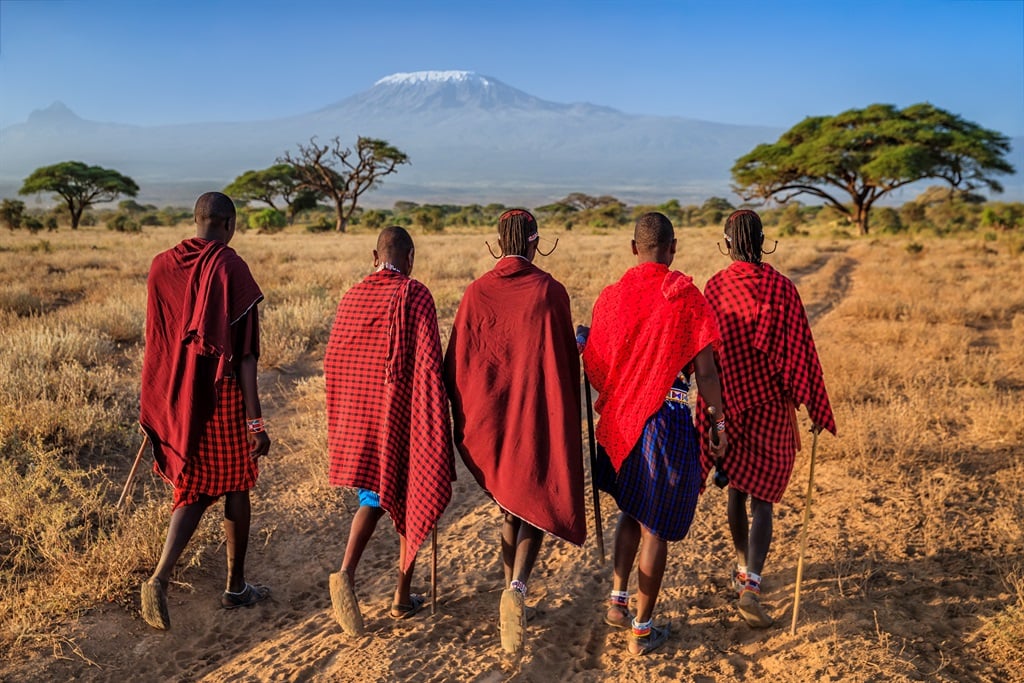The East African Court of Justice has ruled out the legal case submitted by the nomadic Maasai community in Tanzania.
Maasai accused the Tanzanians of the demarcation of wildlife and rich tourist hunting Loliondo Game Controlled Area.
Maasai communities had earlier filed a legal suit, seeking rights to stop the Tanzanian government from its ongoing process to develop new tourism sites through the demarcation of a wildlife area for tourism development.
On Friday this week, the East African regional court ruled that Tanzania’s decision to cordon off the contested land for wildlife protection was legal, dealing a blow to Maasai pastoralists who had protested the move, two lawyers for the community said.
But the government has rejected the accusations, claiming it wants to “protect” 1,500 square kilometers (580 square miles) of the area from human activity.
Maasai nomadic pastoralists had asked, through their lawyers, the East African court to stop the Tanzanian government’s exercise to demarcate Loliondo Game Controlled Area for sustainable wildlife conservation and tourism development in the area.
The three-judge bench had ruled out the Maasai communities’ legal application without compensation from the government of Tanzanian since there was no loss of property and none of those people were injured during the border demarcation exercise. In contrast, no Maasai families were forced to vacate the area.
Tanzania has allowed Maasai communities to live inside the Ngorongoro Conservation Area, a UNESCO World Heritage site and tourist hotspot in Africa.
The growing population of the Maasai people and encroachment on wildlife habitats have raised international concern, prompting the Tanzanian government to encourage the pastoralists to seek their living fortunes in other parts of Tanzania with support from the government.
Since 1959, the number of Maasai pastoralists living in Ngorongoro has shot up from 8,000 to more than 100,000 by this year.
The livestock population has grown to over one million, squeezing the wildlife conservation area and tourist site.
Established in 2001, the East Africa Court of Justice serves seven member states of the East African Community (EAC) bloc: Tanzania, Kenya, Uganda, Burundi, Rwanda, South Sudan, and the Democratic Republic of Congo.

